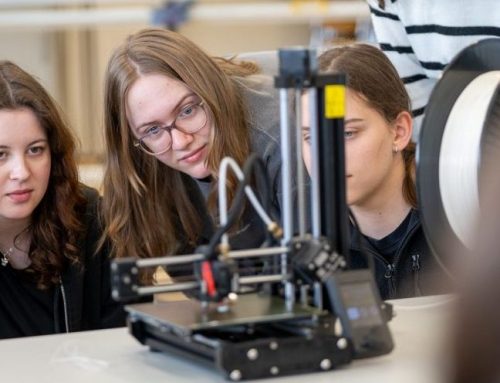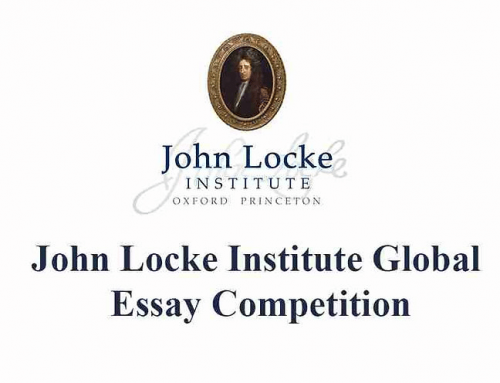Applying to medical school in Singapore is a competitive and rigorous process. With top institutions like NUS, NTU each requiring outstanding academic credentials, strong personal statements, and in some cases, specialized admissions tests, aspiring students must prepare strategically.
This guide will take you through the key requirements for Medicine in Singapore, including necessary exams, alternative pathways, and important considerations.
How to Get into Medical School in Singapore
Singapore offers two undergraduate medical programs at the National University of Singapore (NUS) and Nanyang Technological University (NTU). IB scores of 42+ are basic.For those considering postgraduate entry, Duke-NUS Medical School provides an alternative pathway.
Admission Requirements
At NUS Yong Loo Lin School of Medicine, applicants need a strong academic background in H2 or HL Chemistry, alongside either Biology or Physics. The selection process involves a Situational Judgement Test (SJT) and a Focused Skills Assessment (FSA), both designed to evaluate ethical reasoning and communication skills. Successful candidates are then invited for Multiple Mini Interviews (MMIs), a series of short discussions testing problem-solving and interpersonal skills.
Similarly, NTU’s Lee Kong Chian School of Medicine (LKCMedicine) requires H2/HL Chemistry and Biology or Physics. Instead of BMAT, NTU now requires the University Clinical Aptitude Test (UCAT), assessing critical thinking, situational judgment, and verbal reasoning.
For those who do not secure direct entry, Duke-NUS Medical School offers a graduate-entry pathway. Interested students must first complete a Bachelor of Science at NUS, NTU, SMU, or SUTD, and express their intent for medicine early in their undergraduate applications. Programs like the Pre-MD Pathway at Duke-NUS provide mentorship, research opportunities, and clinical exposure to prepare students for medical school.
More information:
What Exams Do You Need? UCAT & BMAT
Until recently, students applying to NTU had to take the BMAT (BioMedical Admissions Test). However, BMAT is being phased out and is no longer required. Instead, NTU now mandates the UCAT (University Clinical Aptitude Test).
The UCAT is a computer-based exam testing decision-making, quantitative reasoning, and situational judgment. Given the nature of the test, it is recommended that students dedicate three to six months to preparation, using official UCAT practice questions and mock exams.
Medical School Interviews
Medical school interviews in Singapore primarily follow the Multiple Mini Interview (MMI) format, designed to evaluate a candidate’s suitability for medicine beyond academic performance. Both NUS Yong Loo Lin School of Medicine and NTU Lee Kong Chian School of Medicine (LKCMedicine) use MMIs, which consist of a series of short, timed stations that assess various competencies essential for a medical professional.
Each station typically lasts 5–10 minutes, with applicants rotating through 6–8 different scenarios. These stations test skills such as ethical reasoning, critical thinking, empathy, teamwork, problem-solving, and communication.
The Role of Personal Statement and Clinical Exposure
A well-crafted personal statement is equally important, serving as a window into your motivation and suitability for medicine. Successful applicants often highlight clinical attachments (e.g., shadowing doctors in hospitals) and community service (e.g., volunteering at hospices or eldercare facilities). These experiences demonstrate genuine passion for patient care, the ability to work in high-pressure environments, and an understanding of the realities of medical practice. Medical schools look for applicants who can reflect on their experiences—what they learned from patient interactions, how they handled challenges, and how these experiences strengthened their commitment to medicine.
Applicants should also emphasize leadership, teamwork, and resilience through extracurricular activities such as research projects, first-aid volunteering, or participation in healthcare initiatives. A compelling personal statement and strong performance in interviews can make all the difference in securing a spot in medical school.
Alternative Routes to Medicine
If you don’t secure an undergraduate medical place, other options exist:
Duke-NUS Medical School (Postgraduate Medicine)
-
- Complete a Bachelor of Science at NUS, NTU, SMU, or SUTD.
- Indicate interest in Duke-NUS early and engage in medical research, internships, and volunteering to build your portfolio.
While these paths are less conventional, they offer a second chance for those determined to pursue medicine.
Special Note for Application to NUS
For male applicants serving National Service (NS), the timeline for applying to NUS can be tricky. If you did not progress to the interview stage, you can reapply in the next cycle. However, if you made it to the interview and were unsuccessful, your chances of getting accepted in future cycles are significantly lower. Universities tend to prioritize new applicants over those who previously failed the interview stage.
Final Thoughts: Choosing the Right Path
The journey to medical school in Singapore is highly competitive, but preparation and persistence can make all the difference.
For Medicine, a strong foundation in science, problem-solving, and clinical reasoning is essential, and those unable to secure a direct spot should consider alternative routes like Duke-NUS or an overseas degree.
If you’re in National Service (NS), use the time wisely to build a stronger profile. Reapplying is possible if you didn’t reach the interview stage, but failing at interviews greatly reduces future chances.
No matter which path you take, success in these fields requires dedication, resilience, and a clear long-term vision.




